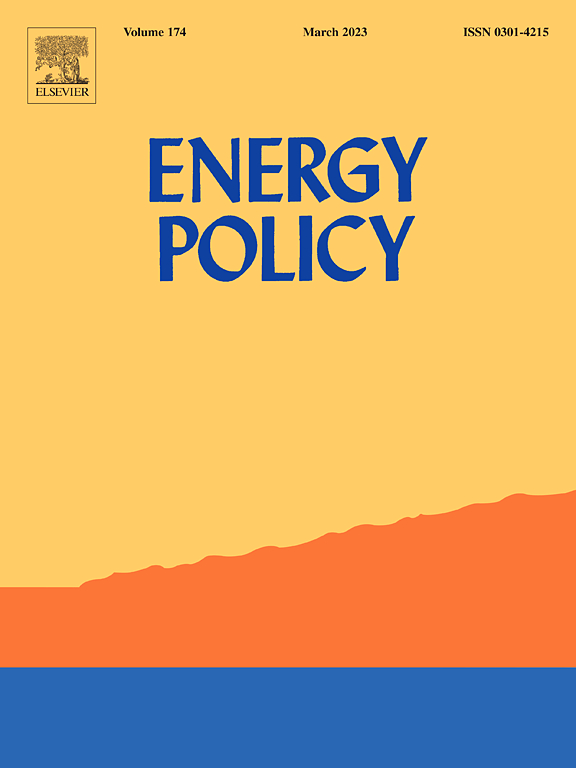The United States Department of Energy has proposed building energy parks at some of its former nuclear sites. These parks would develop technologies to enhance renewable energy sources, nuclear, coal, and others, as well as technologies to manage the waste, and transmit the energy. A survey of 3200 United States residents assessed public reaction to the policy. Half of the samples were gathered at four locations each centered on a major DOE facility; 25% were obtained at two other regions; and 25% were a national sample. As a whole, respondents from the four DOE-centered sites were more supportive of the concept than their counterparts, especially those respondents who lived in counties within 20 miles of the DOE site. Their support is associated with knowledge of the existing DOE facilities, desire for greater reliance on renewable energy sources and nuclear power, and a belief that the environment will improve during the next 25 years. They disproportionately trust authorities responsible for managing major energy facilities and assess the economic impact of these facilities to be positive. The challenge to proponents of energy parks is to broaden the support among the 60% that had more lukewarm or neutral responses to the idea and to place the proposal in the larger national energy policy context.
